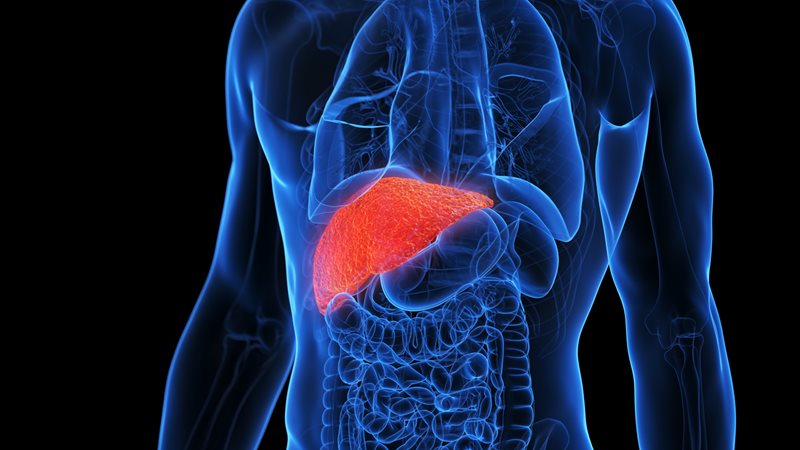Transplant After Immunotherapy is Possible for Advanced Liver Cancer Patients
 Liver transplant, considered the best treatment for liver cancer, is only available for patients with early-stage disease. Now a study led by Cedars-Sinai Cancer investigators has concluded that immunotherapy could make liver transplant an option for patients with later-stage cancer as well. The international study was published in the Journal of Hepatology.
Liver transplant, considered the best treatment for liver cancer, is only available for patients with early-stage disease. Now a study led by Cedars-Sinai Cancer investigators has concluded that immunotherapy could make liver transplant an option for patients with later-stage cancer as well. The international study was published in the Journal of Hepatology.
“Our study found that we can treat advanced-stage liver cancer patients with immunotherapy and shrink their tumors, effectively turning them into early-stage patients and making them candidates for liver transplantation,” said Ju Dong Yang, MD, medical director of the Liver Cancer Program at Cedars-Sinai Cancer and senior author of the study.
Liver cancer causes no symptoms in the early stages, so many patients aren’t diagnosed until a later stage, said Yang, who is also an associate professor of Medicine at Cedars-Sinai.
“Immunotherapy has transformed care for many cancer types, including advanced-stage liver cancer,” said Dan Theodorescu, MD, PhD, director of Cedars-Sinai Cancer and the PHASE ONE Foundation Distinguished Chair. “But for these patients, liver transplant still seemed out of reach because bolstering the body’s immune system increases the risk of organ rejection.”
Yang said that clinicians believed that a gap between the end of immunotherapy treatment and liver transplant might allow the immune system to return to normal and reduce this risk, but that no large-scale studies had looked at this question.
Yang and fellow investigators reviewed published data on 91 liver cancer patients from Europe, Asia and North America who had received immunotherapy before having a liver transplant, noting rates of transplant rejection, cancer recurrence and overall survival.
“We collected every case that has been published and obtained additional clinical information on each patient,” Yang said. “Based on this, we concluded that with a 90-day gap between the last dose of immunotherapy and liver transplant, the risk of organ rejection is no greater than if the patient had never received immunotherapy.”
Additional studies to confirm these findings are already in the works, and Yang said that based on this evidence, clinicians should feel more comfortable considering organ transplant for advanced liver cancer patients after “downstaging” their cancer with immunotherapy treatment—as long as they observe a 90-day waiting period first.
“This allows time for the immune system to return to normal, and also to monitor the patient to make sure their cancer doesn’t begin to progress after immunotherapy treatment,” Yang said.
